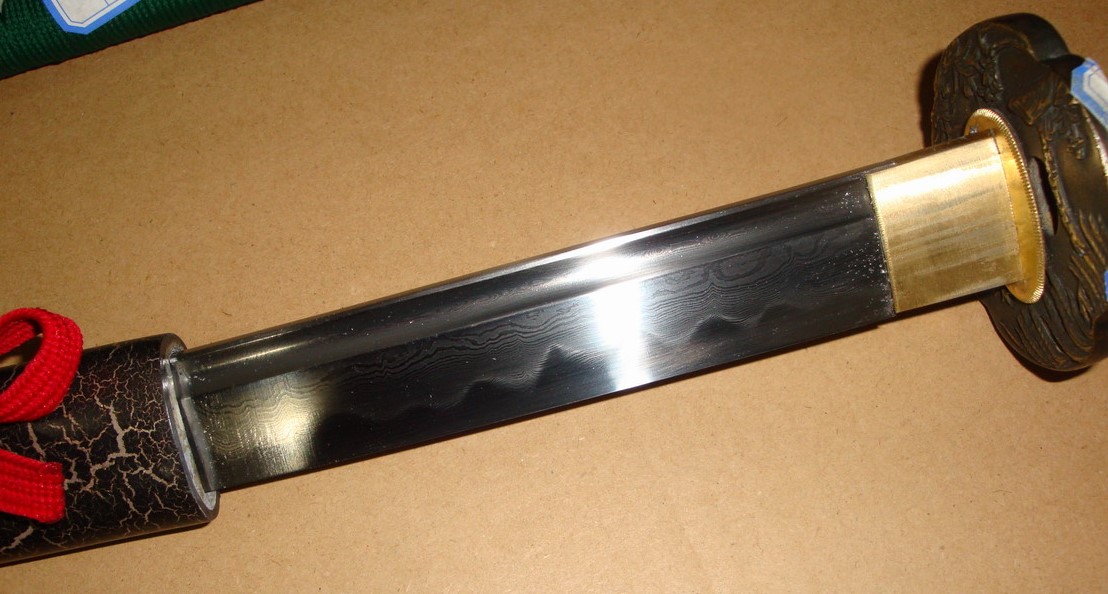

In modern usage, bushi is often used as a synonym for samurai however, historical sources make it clear that bushi and samurai were distinct concepts, with the former referring to soldiers or warriors and the latter referring instead to a kind of hereditary nobility. In both countries the terms were nominalized to mean 'those who serve in close attendance to the nobility', the Japanese term saburai being the nominal form of the verb." According to Wilson, an early reference to the word saburai appears in the Kokin Wakashū, the first imperial anthology of poems, completed in the early 900s. According to translator William Scott Wilson: "In Chinese, the character 侍 was originally a verb meaning 'to wait upon', 'accompany persons' in the upper ranks of society, and this is also true of the original term in Japanese, saburau.

In Japanese, historical warriors are usually referred to as bushi ( 武士, ), meaning 'warrior', or buke ( 武家), meaning 'military family'. Their memory and weaponry remain prominent in Japanese popular culture.
#1000 dollar katana costume professional
The Meiji Restoration ended their feudal roles, and they moved into professional and entrepreneurial roles. As modern militaries emerged in the 19th century, the samurai were rendered increasingly obsolete and very expensive to maintain compared to the average conscript soldier. In the 1870s, samurai families comprised 5% of the population.

During the peaceful Edo period, 1603 to 1868, they became the stewards and chamberlains of the daimyo estates, gaining managerial experience and education. During the 13th century, the samurai proved themselves as adept warriors against the invading Mongols. They became the ruling political class, with significant power but also significant responsibility. Though they had predecessors in earlier military and administrative officers, the samurai truly emerged during the Kamakura shogunate, ruling from c.1185 to 1333. Some important samurai and other figures in Japanese history wanted others to believe all of them engaged combatants using bushido codes of martial virtues and followed various cultural ideals about what samurai should act like. Samurai were granted kiri-sute gomen: the right to kill anyone of a lower class in certain situations. They had high prestige and special privileges.įollowing the passing of a law in 1629, samurai on official duty were required to practice daishō (wear two swords). They were the well-paid retainers of the daimyo, the great feudal landholders. Samurai ( 侍、さむらい) were the hereditary military nobility and officer caste of medieval and early-modern Japan from the late 12th century until their abolition in the late 1870s during the Meiji era. JSTOR ( September 2021) ( Learn how and when to remove this template message)Ī samurai in his armour in the 1860s.Unsourced material may be challenged and removed. Please help improve this article by adding citations to reliable sources. This article needs additional citations for verification.


 0 kommentar(er)
0 kommentar(er)
